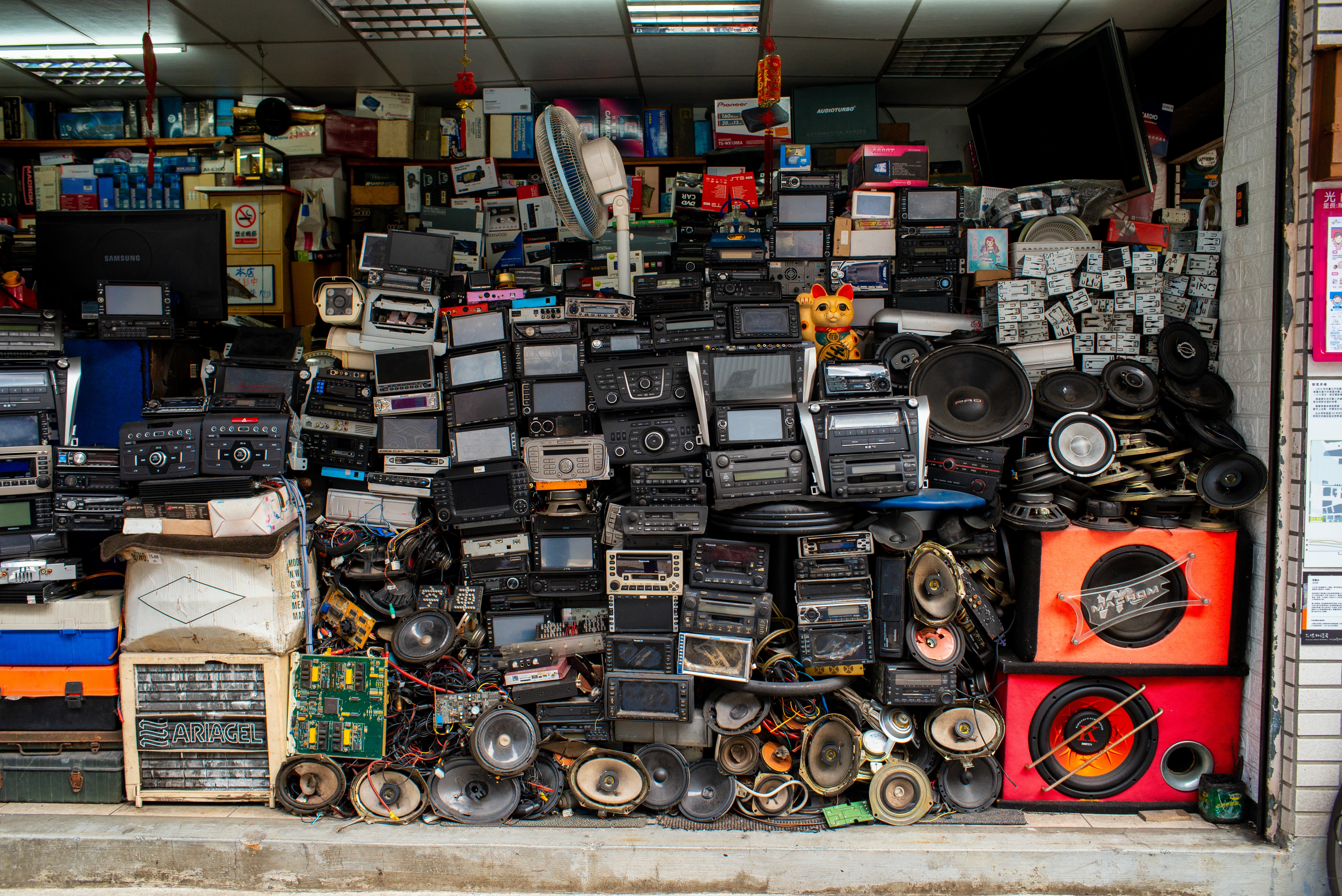This is a blog topic I’ve postponed numerous times since first reading about the theory more than three years ago. It’s time to address it, although I still have more questions than answers. Can a movie help you write?
Kathryn Ramsperger wrote an article for the Southern Writers: Suite T blog on November 9, 2018: “Improve Your Story by Watching Movies.” I was intrigued by the title so much that I cut and pasted it and saved it on my computer.
Ms. Ramsperger is described online as being “a communications expert and intuitive life coach.” I’m not sure how one becomes a communications expert and I’m less sure what an intuitive life coach is, but her theory about movies made me stop and think. I’m a sucker for any article that claims it will improve my writing.
In a nutshell, Ms. Ramsperger said a writer should notice how lighting, the set, and action are presented in a movie and then add sensory detail. She pointed out that the written word can convey things like smell better than a movie can. She said that studies show that a book can evoke empathy better than a movie can.
Ms. Ramsperger recommended that a writer watch a movie set in their genre and then add sensory detail to their work-in-progress.
I decided to give it a try. I write 18th century Southern historical fiction. I couldn’t find a movie that fit that description, so I thought back to the TV series, “Outlander.” I’ve watched all the episodes of this multi-year series. After reading the first four or five books in Diana Gabaldon’s Outlander series, I couldn’t wait for the TV version.
If you’re not familiar with Ms. Gabaldon’s Outlander books, I recommend them to you. You need to read them in chronological order, starting with Outlander, published in 1992. These books put you in 18th century Scotland and then 18th century North Carolina.
Although Ms. Gabaldon takes some creative license when it comes to the proximity of Cross Creek in present-day Cumberland County, North Carolina in the eastern part of the state to the mountains of western North Carolina, once I got past that I was able to finish reading A Breath of Snow and Ashes, published in 2008. It took me a while, but I’ve forgiven her.
Writers can learn from movies (and even television) how important covering all the senses can be. Just as an entire hour-long TV program can take place in the pouring rain, as a writer I need to remember to convey to my reader if it’s raining in a scene or chapter and that it either continues to rain or it stops.
In the online writing course I recently took, I was told that I should think of a scene in my book like it’s a scene in a movie. That prompted me to think about the theory again.
Have movies helped my writing?
That’s hard to answer. I rarely see a movie. To give you an idea how often I go to a movie theater, the last movie I saw on the big screen was The King’s Speech in 2010. I’m. Not. Kidding.
The last movie I saw on TV was probably My Cousin Vinny. I’ve seen it several times, and it never ceases to crack me up.
I suppose movies have helped my writing just by the fact that I have seen movies. Not many, but some. I get the drama. I get the pacing. I get the body language. I get that the items in a shot usually only include enough to give the viewer a sense of setting. No need to clutter up a scene with a bunch of extraneous stuff unless it’s about a hoarder.
I try to remember to have emotion in every scene I write. I don’t mean the screaming or sobbing kind of emotion. Emotion can be shown through a character’s body language and through what a character is thinking. A writer must keep in mind, among many other things, the following questions: What do I want my character to feel? What do I want my reader to feel?
The following is a quote from Russian playwright and short fiction writer, Anton Pavlovich Chekhov, which I try to keep in mind as I write a scene: “Don’t tell me the moon is shining, show me the glint of light on broken glass.”
What about you?
If you’re a writer, have movies helped your writing? If so, how?
This leads me to other questions
How have movies and television shortened our attention spans? How has this influenced how much time we’re willing to give to the reading of a book?
Following that train of thought, how has the shortened attention span of readers influenced how books are written today?
I read just the other day that the advent of VHF tapes dictated that movies had to be shorter than they’d been in the past. Technology influenced the length of movies, and now movies are influencing how books are written.
Taste in books is ever-changing and always has been. Hemingway shook up the literary world that was used to flowery, long prose. Nothing stays the same for very long.
As an aspiring novelist, I’m told to write a scene as if it’s a scene in a movie because my potential reader will lose interest if I don’t. It’s probably true, but I don’t think it’s necessarily a good thing.
Can a movie help you write? I’m afraid my answer is, “Yes, but it can also limit you.”
I find something sad about the prospect of movies dictating how novels are written, especially if it’s simply because people’s attention spans have decreased.
Since my last blog post
Even as I continued my research into the Great Wagon Road and its offshoots in southern Virginia, I started writing the rough draft for the first book in what I hope will be a series of historical novels. With the working title The Heirloom, it will precede the second almost-finished book, The Doubloon. (These are working titles and will, no doubt, get changed unless I self-publish.)
The more I learn about the Great Wagon Road, the more I’m impressed with what my ancestors went through just to get from Pennsylvania to North Carolina in the 1700s. (Not to mention what they endured on ships crossing the Atlantic before that!)
Until my next blog post
I hope you have a good book to read and/or a good book to write.
Take time to enjoy family, friends, and a hobby.
Life is short!
Janet






Yes, most definitely as writers we can, and should learn something from movies, series, shows on the tele and even commercials (which are brilliant). The sequencing of scenes, the nuances of dialogue and character building and development are all things fully polished on the silver screen and on the tele. The rub is finding the right ones, the professional ones, the ones written by many writers. This is a very good post and a grand idea Janet. Cheers and all the best.
Francis
LikeLiked by 2 people
I guess it could.🎈
LikeLiked by 2 people
I agree with you, Laleh. I guess it could. Maybe if I watched more movies, it would be easier for me to get the connection.
LikeLiked by 1 person
Thanks for your insight, Francis. You’re always able to see the forest for the trees, and I get stuck on the individual trees. LOL! You have a talent for seeing the big picture. Thank you so much for your comment.
LikeLiked by 1 person
Well, some trees are very interesting to watch Janet, and thank you!
LikeLiked by 1 person
Well, I can say that films at least serve as inspirations. A year ago, I wrote a science fiction horror novel and some of my influences were horror films such as A Quiet Place and The Mist. Personally, different songs help influence and fuel my writing when I need the boost. But I will say whatever genre you’re writing, it would help to watch films of the same genre so you can get a feel of what you’re writing, such as character emotions
LikeLiked by 1 person
But still you’re a true book reader, so you are on the right track anyway.❤️
LikeLiked by 1 person
So true, Francis!
LikeLiked by 1 person
Thank you, Laleh. As a published author and friend, you’re always encouraging me.
LikeLiked by 1 person
Thank you for your insight. It’s always helpful to hear from other writers and their experience. It’s interesting that you mention songs. I have certain musical selections I like to listen to — or sometimes just have in my head — while I’m writing. They certainly can set a mood. Thank you so much for reading my blog post and for taking the time to write a thoughtful comment.
LikeLike
It’s true, and you’re always there for me.❤️❤️❤️
LikeLiked by 1 person
I hope movies help me write, I love the way they tell stories. Character development, scene, dialogue, there’s a lot to learn. 🙂
LikeLiked by 2 people
The last movie I went to was Clifford The Big Red Dog. The last adult movie I saw was Magic Mike, that was very inspiring! 🤣
LikeLiked by 2 people
They do help me not just as in a fiction writer but in the poetry side, especially the Japanese poetry I love but it’s not because of the story presented. What I learn from is moments when somehow an emotion is brought to the surface. A ridiculous scene like the one between Shirley Maclaine and Olympia Dukakis In Steel Magnolias is an example. The grief had overwhelmed everyone, they needed perspective. It might sound harsh but it made a real impact to laugh at something familiar. Love and grief was not lessened by the humour but rather it became more bearable for all in that moment. A scene, the expressions on a face all create an impression. That lasting impression is what the writer seeks to do.
LikeLiked by 2 people
I just wrote a very long answer to this and it has disappeared. In short, yes they help me find the moments that create a lasting impression. The camera captures it and allows us to think, ponder on the whys and hows both great and often also badly done. Visual and the ear together are formidable.
LikeLiked by 2 people
I’ll bet it was, Diane! LOL! That’s too funny!
LikeLike
Good points, Rebecca. Thanks.
LikeLiked by 1 person
Thank you, Barbara, for sharing your insight and perspective. Your comment helps me to make the connection. I think I got too hung up on how movies have shortened our attention spans and how that translates into readers wanting books written a certain way. I didn’t see the forest for the trees! LOL! You make excellent points, and I agree with what you said about Steel Magnolias. Absolutely.
LikeLike
I did receive your original comment. Thank you for taking the time to comment twice. You’ve expressed yourself very well on this and helped me to see the points I was missing. Thanks so much!
LikeLike
Well I guess, sometimes yes.
Some of the articles Ive written or based on the theories that Ive watched previously on movies. Though I mostly prefer sci-fi movies. It gives me a unique strange perspective to think about.
LikeLiked by 1 person
Like you, this gave me something to think about that I hadn’t considered before. Thank you for sharing your experience and perspective.
LikeLiked by 1 person